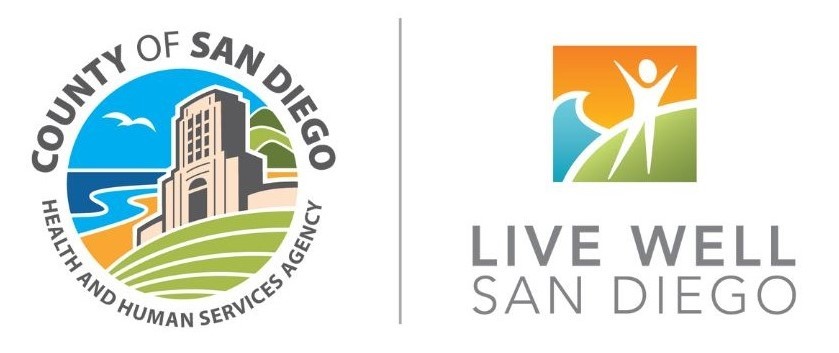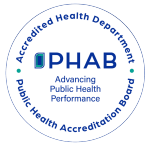Mpox Resources for Health Professionals
Page last updated 1/7/2026.
The County of San Diego is committed to ensuring residents continue to have access to safe and effective vaccines that are based on credible, transparent, and science-based evidence. In alignment with the West Coast Health Alliance and other leading medical, health, and patient advocacy groups, we follow the American Academy of Pediatrics (AAP) Recommended Child and Adolescent Immunization Schedule.
Get text updates about mpox from the County. Text COSD MPOX to 98256.
- Effective 9/8/2025, County of San Diego GovDelivery wireless messages (SMS/text) will be sent from 98256.
- Phone users: tap to create the message.
On this page, mpox clinical guidance resources for health professionals:
- Clinical Features of Mpox (CDC)
- Mpox Clinical Recognition and Testing Overview and Quicksheet (California Prevention Training Center)
Testing
- Guidelines for Collecting and Handling Specimens for Mpox Testing (CDC)
- Testing for Suspected Clade I Mpox (CDPH)
Clinical Considerations for Special Populations
- Children and Adolescents (CDC)
- People Who are Pregnant or Breastfeeding (CDC)
- People Who are Immunocompromised, including HIV (CDC)
Prevention and Waste Management
- Infection Prevention and Control of Mpox in Healthcare Settings (CDC)
- Cal/OSHA: Protecting Workers from Mpox for Employers and Workers Covered by the Aerosol Transmissible Disease Standard (Title 8 Section 5199)
- Mpox Virus Medical Waste Management Guidelines (CDPH)
- Preventing Occupational Mpox Transmission in Outpatient Clinic (California Prevention Training Center)
Treatment
- Caring for Patients with Mpox (CDC)
- Clinical Considerations for Pain Management (CDC)
- Isolation and Infection Control at Home (CDC)
- Mpox Treatment with Tecovirimat (TPOXX) and Other Therapeutics: Updated Guidance for Health Care Providers (CDPH)
- Interim Clinical Considerations for Management of Ocular <pox (CDC)
- Supportive Care Guidance (CDPH)
Educational Materials
- For Clinicians: What to do if you suspect mpox
- For Patients: What to do if you are sick with mpox | Spanish
Vaccine Information
JYNNEOS remains recommended for anyone who may be at risk for mpox exposure or who requests it. As of June 2024, JYNNEOS vaccine is commercially available for ordering, similar to other FDA-approved vaccines.
Reporting
- Immediately report probable, suspected, and confirmed clade I MPXV cases to the County of San Diego Health and Human Services Agency.
- Submit a Confidential Morbidity Report by fax to (619) 692-8451 or secure email to phs-hshb-stdreporting-fax.hhsa@sdcounty.ca.gov.
California Health Alert Network San Diego (CAHAN) Alerts
- Community Spread of Clade I Mpox in Southern California (October 21, 2025)
- First Case of Clade I Mpox Diagnosed in California and the United States in Returning Traveler (November 22, 2024)
- Mpox Human-to-Human Transmission and Geographical Spread in Africa (August 15, 2024)
- Clade I Mpox Virus in Travelers to the Democratic Republic of the Congo (December 15, 2023)
- Local Increase in Mpox Cases (October 25, 2023)
- Potential Risk for Mpox Resurgence (May 16, 2023)
- Identification, Laboratory Testing, Management and Treatment, and Vaccination for Mpox Virus Infection in California (April 10, 2023)
- Mpox Treatment with Tecovirimat and Supportive Measures (September 19, 2022)
- Mpox Vaccination with Jynneos (August 16, 2022)
- Mpox, Testing at Commercial Laboratories (July 15, 2022)
- Meningococcal Infections and mpox in Men who Have Sex with Men (June 10, 2022).
- Mpox (May 23, 2022).
- County News Center
Call the HIV, STD, and Hepatitis Branch at (619) 692-5500, or send an e-mail, for more information.







